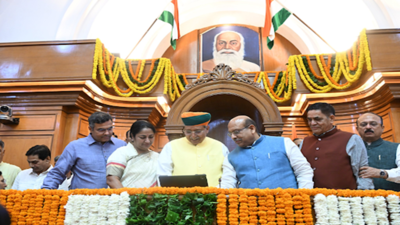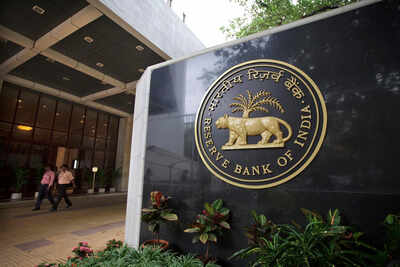Explained: Delhi School Education Bill, key provisions, three-tier watchdog, and whether it really reins in profiteering

The Delhi School Education (Transparency in Fixation and Regulation of Fees) Bill, 2025, tabled during the Monsoon Session of the Assembly, seeks to impose regulatory checks on private school fee structures. Marketed by the Delhi government as a step towards transparency and affordability, the legislation has triggered a polarised debate. While the government claims it aims to rein in arbitrary fee hikes, critics argue that it empowers private school managements and weakens accountability.Here’s a detailed breakdown of the bill’s provisions and the three-tier regulatory mechanism it proposes, and an examination of whether it meaningfully addresses the commercialisation of school education.
Key provisions of the bill
Here are the key provisions of the bill that students and other stakeholders must know:Annual fee hike cap
- Schools can raise fees only once per academic year and must obtain prior approval.
- A formal application must be submitted to the regulatory committee before increasing any fee component.
- Audited Financial Disclosures Mandatory
- Schools are required to submit audited financial statements, infrastructure cost details, and expenditure reports before proposing fee hikes.
Fee rollbacks and refundsThe bill includes provisions where excess or unjustified fees can be ordered to be refunded. In cases of violations, the Director of Education can issue orders to roll back increased fees.Penalties and fines
- Monetary penalties for non-compliance can go up to ₹5 lakh.
- In severe cases, schools could face de-recognition.
Complaints redressal system
- Parents and stakeholders can lodge complaints directly with the fee committees.
Three-tier regulatory framework - The bill establishes a three-tier structure to oversee and decide on fee hikes and complaints:
School-level fee committee
Comprising school principal, management representatives, parents, and a teacher. This body initiates the process of evaluating proposed fee hikes. However, its recommendations are not binding and are passed on to the next tier.Directorate of Education CommitteeHeaded by the Director of Education. Reviews proposals forwarded by schools along with financial documentation. Holds authority to approve, modify, or reject proposed fee increases.Delhi Education Tribunal (Appellate Body)An independent appellate body for resolving disputes between parents and schools. Empowered to take up cases involving violations, complaints, and appeals against the Directorate’s decisions.
The controversy: Transparency or tokenism?
While the government says the bill ensures accountability, the opposition—particularly Aam Aadmi Party (AAP)—calls it a “sham”.Leader of Opposition Atishi criticised the bill for:
- Lacking provisions to freeze or roll back current fee hikes.
- Allowing schools to chair their own fee committees, raising concerns about impartiality.
- Being introduced after the academic session began, thereby letting schools raise fees without oversight in the interim.
She alleged that the delay in tabling the bill (originally expected in April) allowed private schools to exploit a regulatory vacuum.
Will it tackle commercialisation?
What the Bill Attempts:
- Standardising fee hikes to once per year with government oversight.
- Increasing transparency by mandating financial disclosures.
- Creating an appellate structure for grievances, which was largely missing before.
Where it falls short:
- School-dominated fee committees may limit objectivity.
- Absence of retrospective control on fee hikes already implemented this year.
- No strong provisions to prevent expulsion of students for non-payment of unjustified fees.
- Lacks clear caps on non-tuition fees, such as charges for activities or infrastructure.
ConclusionThe Delhi School Education (Transparency in Fixation and Regulation of Fees) Bill, 2025, is a significant attempt to formalise fee regulation in a largely unregulated space. However, critics argue that it may offer only procedural transparency without tackling the deeper commercial motives that drive private education economics.Unless provisions are tightened to empower parents meaningfully and to insulate fee regulation from school influence, the bill may serve more as a compliance exercise than a tool to prevent profiteering in education.Whether this legislation truly curbs commercialisation or simply manages it with bureaucratic filters remains to be seen.





